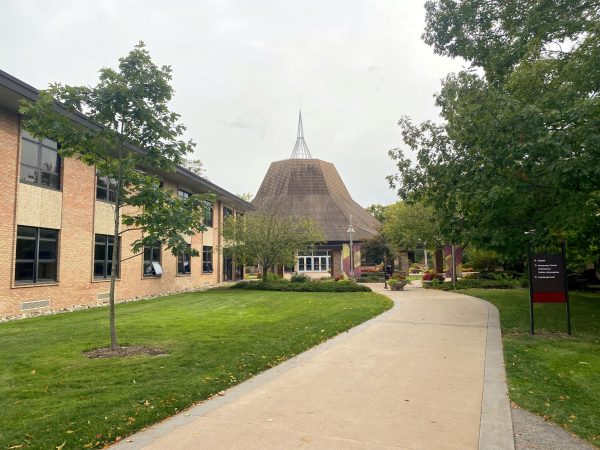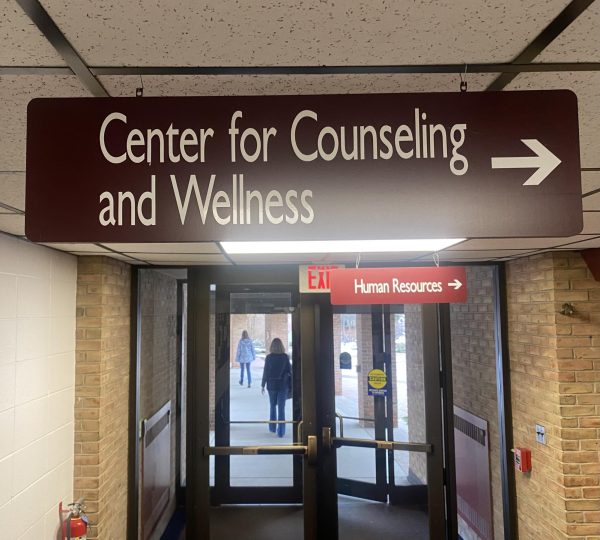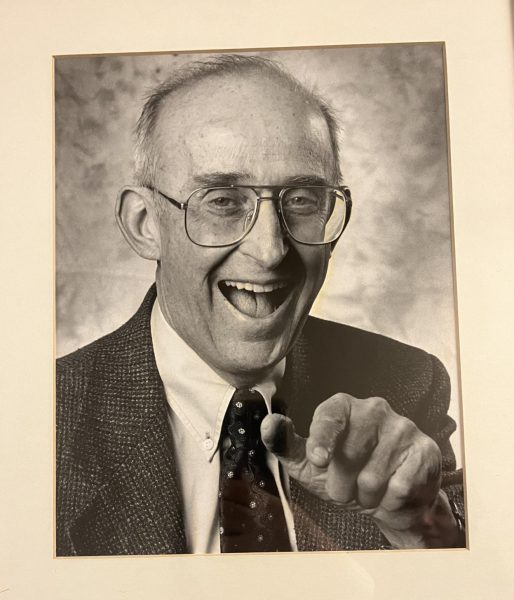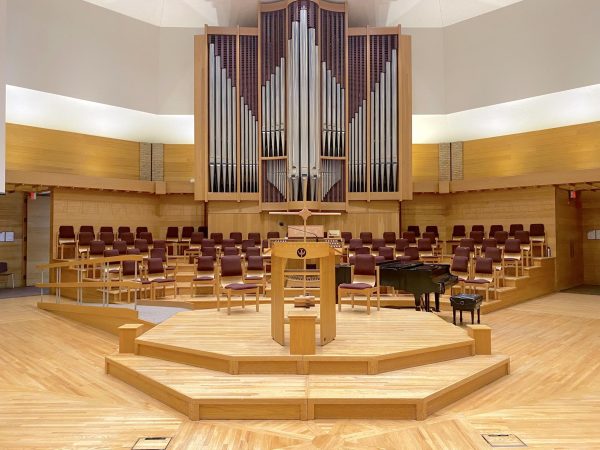Local house church offers Calvin students “simpler” church experience
House churches, one of the earliest recorded structures for Christian gathering, may not be familiar to those who attend institutional churches, but they still exist today in many forms. There are several in the Grand Rapids area. Calvin students have found community and opportunities for faith formation at one led by local nineteen-year-old construction worker Soren Holsclaw.
Holsclaw’s house church doesn’t have an official leader. Holsclaw told Chimes that in the house church he attends, leadership roles are not assigned, but he mostly takes the lead. Holsclaw attended an established church before COVID, where his father works as a pastor. He served on the worship team and was involved in many aspects of its ministry. During the beginning of the lockdowns, Holsclaw was still involved as part of the praise team for the virtual sessions.
His transition out of this church was gradual. Over the first eight months of lockdown, he and his friends started a bible study on FaceTime. According to Holsclaw, one of his friends in the bible study was “being discipled” by a man who was a part of “the house church network.” He encouraged Holsclaw’s friend to start a house church as well.
“[In Holsclaw’s house church] I found deep connections among other brothers and sisters in Christ”
— Ian Petracelli
Like Holsclaw, Ian Petracelli, a first-year at Calvin, was dissatisfied with the institutional churches he had attended. He said, “Their ministry lacked depth. [In Holsclaw’s house church] I found deep connections among other brothers and sisters in Christ.”
When they first started meeting as a house church, Holsclaw and his friends would play spikeball and board games and then have a bible study after. They began to add more structure to the meetings according to the advice of Holsclaw’s friend’s mentor. Now, they meet on Sunday afternoons and have more of an order for their time together.
Holsclaw said their meetings strive for simplicity and are divided into thirds. They begin by sharing about their weeks, discussing struggles and prayer requests. Next, they have a bible study, looking at a chapter or two at a time. Lastly, everybody shares an “obedience step,” an action they feel God is calling them to do.
Holsclaw credits the “simple nature” of the house church movement with propelling its global spread. As a pastor’s son, Holsclaw is familiar with the time and money it takes to plant an institutional church. According to him, this is one of the reasons the Church in the West is dying.
“Being a Christian and following Jesus is oftentimes simpler than institutional churches make it out to be”
— Soren Holsclaw
Petracelli said the complexity of an institutional church is unnecessary in his congregation. “We don’t need payroll or HR, or big stained glass [windows].” Holsclaw said they’re trying to emulate the early church’s simplicity. “Being a Christian and following Jesus is oftentimes simpler than institutional churches make it out to be.”
Naomi DeVries, also a first-year at Calvin, didn’t find a connection with any of the institutional churches she tried when she was “church shopping” during her first semester. She was invited to attend Holsclaw’s house church by a friend and now attends it every week. She said it’s very different from an established church, where “you can walk in and out of with no connection.”
One of the benefits of having a smaller gathering–Holsclaw said most house churches try to stay between eight and fifteen attendees–is that his house church can focus on the needs of its individual members better than an institutional church could. For example, if someone has a particular theological question they want addressed, they can devote as much of their time as needed to that person and their struggle.
“[We] simply live life together. I believe that’s what Christ intended for the Church”
— Ian Petracelli
The house church members’ fellowship extends beyond Sundays. Holsclaw told Chimes the attendees of his house church try to meet up at least once a week outside of their Sunday meetings. According to Holsclaw and DeVries, sometimes this means going to the streets and spreading the gospel or having a meal and catching up with one another. “[We] simply live life together. I believe that’s what Christ intended for the Church,” Petracelli said.









Janet L • Apr 7, 2024 at 7:54 pm
How can I connect?